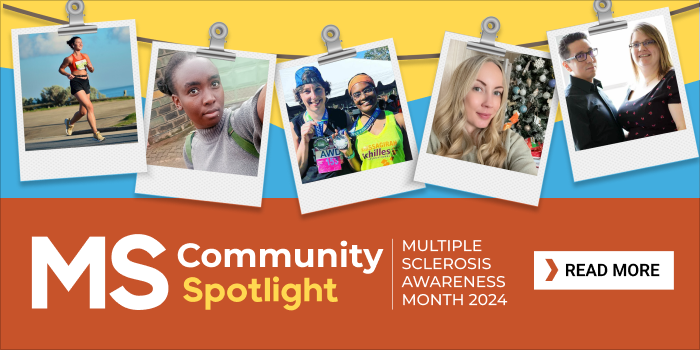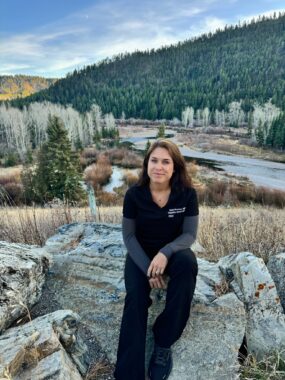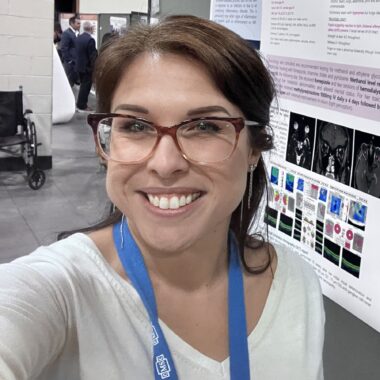Empowering others as a physician with MS
Written by |


Sam Roman, MD, travels to Montana to conduct home visits for patients enrolled in the TREAT-MS clinical trial. (Photos courtesy of Sam Roman)
Day 6 of 31
This is Sam Roman’s story:
It was during a particularly stressful period of medical school in 2015 when I had my first bout of optic neuritis, though I didn’t know what it was at the time. I would go on to have partial internuclear ophthalmoplegia — an eye movement disorder caused by a lesion in the brain that causes dizziness and double vision — and a second bout of optic neuritis before my multiple sclerosis (MS) diagnosis was confirmed a year later.

Sam Roman, MD, graduates from medical school in 2018 — two years after her MS diagnosis.
It was almost fortuitous timing, coming at a point in my training when I was trying to decide what kind of doctor I wanted to be. Although I liked many areas of medicine, this experience gave me a personal connection and helped me narrow it down to neurology. It also ignited a passion for MS care and patient education that led me to become an MS fellowship-trained neurologist.
Sometimes I say I am “lucky,” with a mild disease course and no accrued disability, but in all honesty, luck (i.e., genetics) is probably only a small part. My disease was fairly active in the beginning, since I had three relapses in 14 months, and untreated, I’m sure I would’ve continued to have relapses and eventually accrue disability.
But early on in my work-up and diagnosis, I had the medical knowledge and training to educate myself about the disease and how to best care for myself to reduce long-term disability. I had early access to specialty neurology care, I started disease-modifying therapy immediately, and I made sure to keep my brain and body healthy!

Sam Roman, MD, presents a poster at the Consortium of Multiple Sclerosis Centers annual meeting in 2023.
There are many problems with our healthcare system, but a big one for MS is that we, as providers, don’t have the time in clinic to thoroughly educate patients about their disease, what happens when MS is left untreated, and things they can do to prevent disability. Many patients have the same questions, and we often have similar conversations repeatedly.
This is why I was inspired to share patient education on online platforms, to reach people across the country and the world — even those without access to an MS specialist. I want to empower people with MS to better understand and control their disease. I know, without a doubt, my personal experiences as a patient have made me a better physician, and I hope to continue sharing my knowledge with the greater MS community.
In recognition of Multiple Sclerosis Awareness Month in March, the MS Community Spotlight campaign features a series of stories highlighting the real-life experiences of people affected by MS, written in their own words. Follow us on Facebook, Instagram, and Pinterest for more stories like this, using the hashtag #MSSpotlight, or read the full series.

